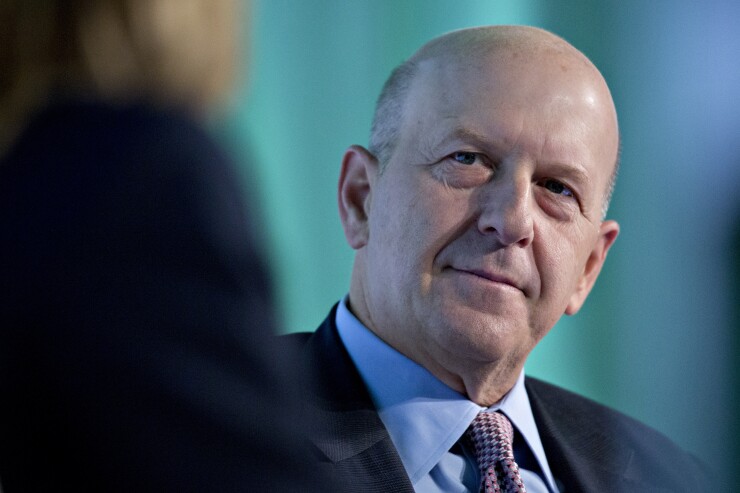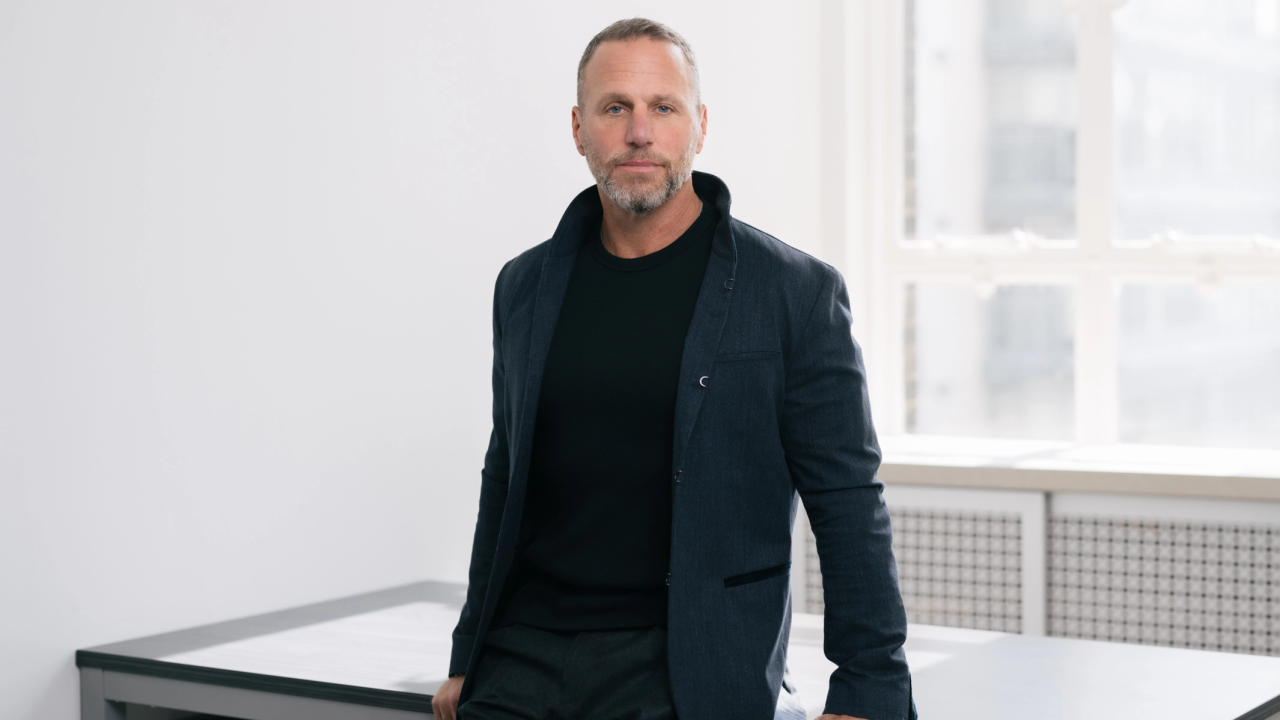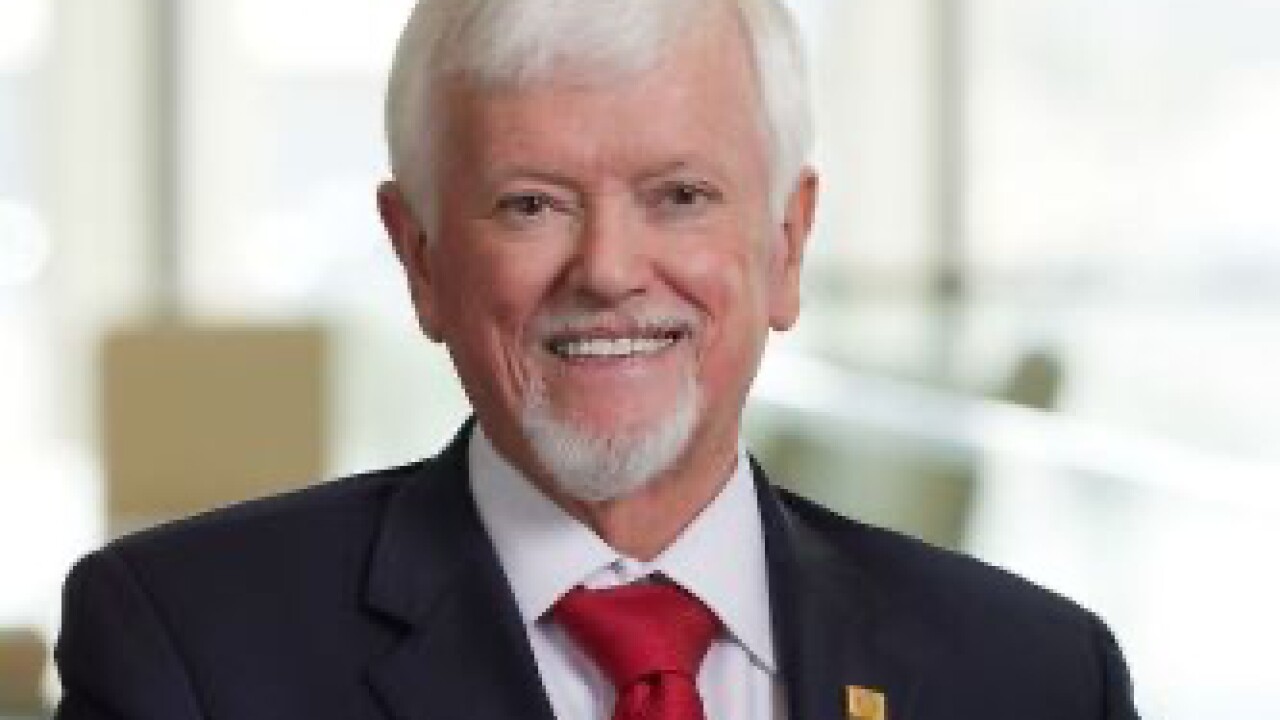Receiving Wide Coverage ...
Shake it up
Credit Suisse “appointed new leadership to head its investment banking and capital markets division, as the Swiss bank struggles to boost revenue from its businesses advising on mergers and acquisitions and helping clients go public.” David Miller, a 22-year bank veteran, will succeed James Amine as head of the unit, while Amine was given “a newly created role as head of private credit opportunities as part of a plan to broaden the product offering of the bank’s asset management business,” the Wall Street Journal reports.
“The management
The bank also named Eric Varvel as chairman of the investment banking and capital markets unit and Harold Bogle as vice chairman of the group executive office, the Financial Times reports.
“The management change comes as the bank’s chief executive, Tidjane Thiam, looks to draw a line under
The price you pay
The Hong Kong Securities and Futures Commission fined UBS 400 million Hong Kong dollars ($51 million) and demanded it pay another HK$200 million in customer compensation for overcharging and misleading wealthy clients “for a decade without detection,” the Journal reports. The agency said UBS “regularly
“The Swiss bank also
Wall Street Journal
Enjoy it while it lasts
Four big European banks recently announced share buybacks worth a total of $4 billion, but don’t expect a lot more after that. “Within a couple of years, new rules could force big European banks to find a total of €134 billion ($147.6 billion) in additional capital, according to the local regulator’s estimates.
Quantum leap?
Banking could be the first industry to benefit “when quantum computing hits the market,” according to Jeremy Glick, Goldman Sachs’ head of research and development engineering. “That’s because a quantum algorithm could be deployed to a new financial model in days or weeks.” The problem is, “no one is sure exactly how quantum computing
Financial Times
Unreliable
Deutsche Bank “has been forced to admit to regulators its role in the U.K. payment system still suffers serious problems, years after it was first placed in remediation.” Bank executives met recently with Bank of England officials, who “demanded an explanation as to
“In just one example, the problems led to around 21,000 payments worth hundreds of millions of pounds being delayed for online shopping company Amazon in recent months. Creaking IT infrastructure and lack of investment in technology have long been issues for Deutsche, blamed for rising costs and numerous compliance blunders.”
Separately, Cerberus, Deutsche Bank’s third largest shareholder with a 3% stake, is pushing for chairman Paul Achleitner to step down. The two bank’s other big shareholders — “two members of the Qatari royal family, funds managed by former JPMorgan Chase executive Doug Braunstein and asset manager BlackRock — also have an increasingly
Ulterior motive?
German Finance Minister Olaf Scholz may have had a more nationalistic motive when he recently called for reversing the country’s long-standing opposition to a eurozone-wide bank deposit insurance system, the paper says. “As Europe’s biggest economy, Germany should benefit from a more efficient eurozone, financed by banks that can operate more readily cross-border,” it says. “Bankers have long complained about the uneven status quo, with the deposit guarantees that underpin weaker banks in weaker countries distrusted by stronger rivals such as Germany. The stark truth is, however, that few banking systems are as weak as Germany’s. And its two big lenders — Deutsche Bank and Commerzbank — have had a truly dreadful run. Both have seen their stock price slump more than 90 per cent in a decade.”
“Don’t expect Mr. Scholz to admit as much,” it adds. “That would spoil Germany’s strongman image. But if banking union can be completed, and
Meet the new boss
Revolut, the fast-growing U.K.-based digital bank that “has faced questions over its ability to manage its self-confessed ‘growing pains,’” named Martin Gilbert, the former co-CEO of asset manager Standard Life Aberdeen, “as its inaugural chairman as [it] bolsters its corporate governance ahead of a potential fundraising.”
The company, which plans to open in the U.S. before the end of this year, “has grown rapidly since it was started as a mobile app focused on travel money in 2015.” It says it has eight million customers, including one million it added last month. “This year, former staff and politicians criticized its aggressive internal culture and the quality of some of its compliance systems. Although the company dismissed much of the criticism, it subsequently
Elsewhere
Change of plans
Goldman Sachs may be moving away from a previously announced goal to find $5 billion in new annual revenue by next year and instead “focus on a wider range of metrics. The new targets, to be outlined by CEO David Solomon’s management team in January at Goldman’s first-ever investor day, could include a broad efficiency ratio and profitability measures, four sources familiar with the matter” told Reuters. “They could also include narrower items, such as goals for Goldman’s fledgling retail bank, Marcus.”

“The change of focus signals that Goldman wants to match rivals that disclose progress toward broader targets, and satisfy demand among investors for
Behind the pack
HSBC and RBS “are launching new
Quotable
“





